Attending the workshop were Mr. Lukas Musil (Deputy Ambassador of the Czech Republic), Ms. Yvonne Zaugg (Cultural Counselor, Embassy of the Swiss Confederation), Professor Dr. Nguyen Van Kim (Party Secretary, Vice Rector of the university), and literary researchers from universities and research institutes nationwide.
In his opening remarks at the conference, Professor Nguyen Van Kim emphasized that the university's mission of training and researching in social sciences requires lecturers to have a thorough understanding of the influence of the writer Kafka on world literature. Kafka's works are considered to have a high predictive value regarding human events, as well as presenting universal laws of the political and social world, commonalities that appear in all countries.
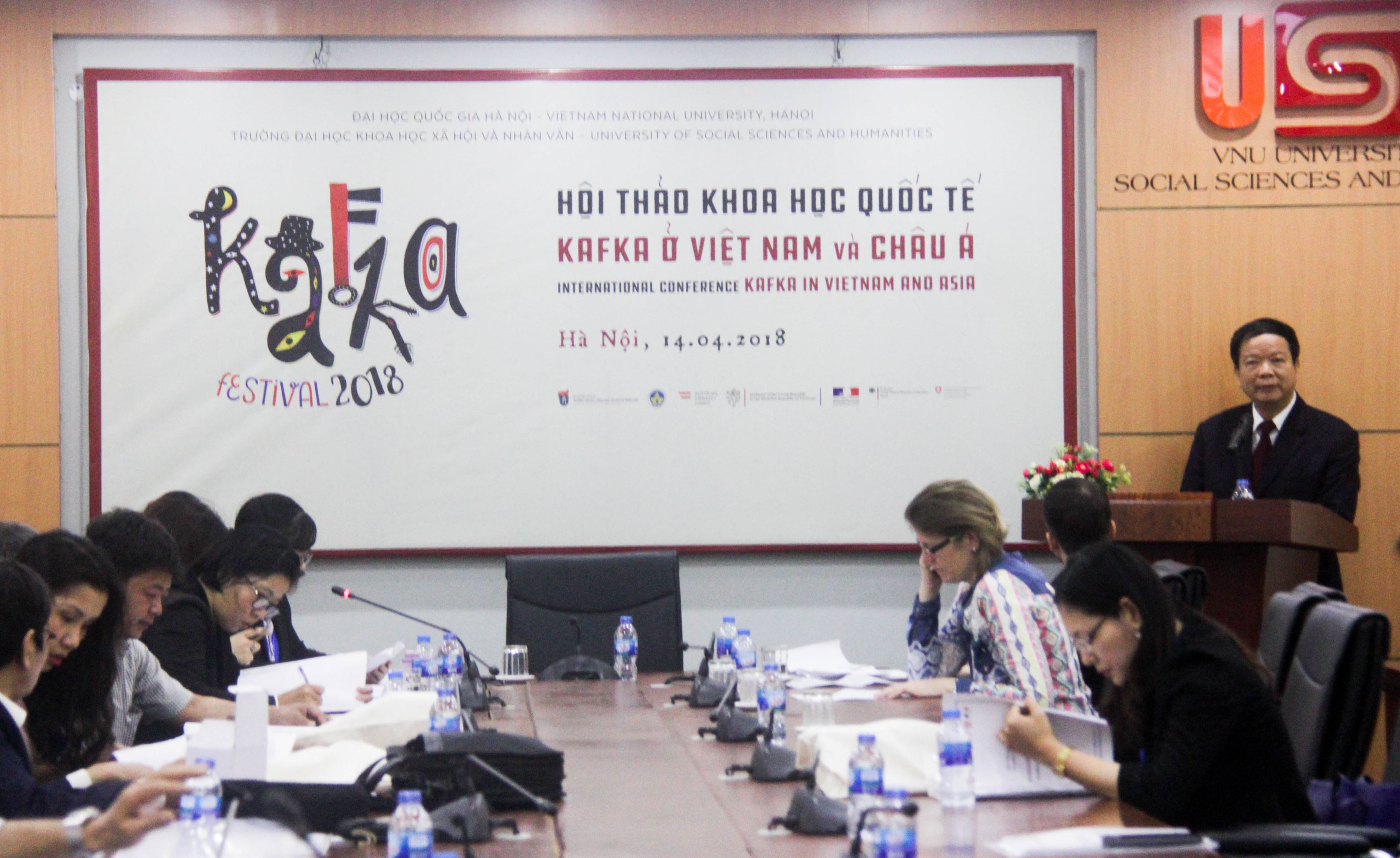
Kafka inadvertently became an existentialist writer; in terms of artistic and prose poetics, he gravitated towards Expressionism. It is precisely this way of thinking, seeing, and expressing that has helped readers over the past century recognize the absurd truths of life: the disappearance and abandonment of humanity, the anxiety of fate, unpunished murders, and the distant, inaccessible castles of power weighing down on all human lives… “Therefore, today’s seminar will contribute to clarifying the life, career, thought, and influence of the writer Kafka on Asian literature in general and Vietnamese literature in particular,” shared Professor Nguyen Van Kim.
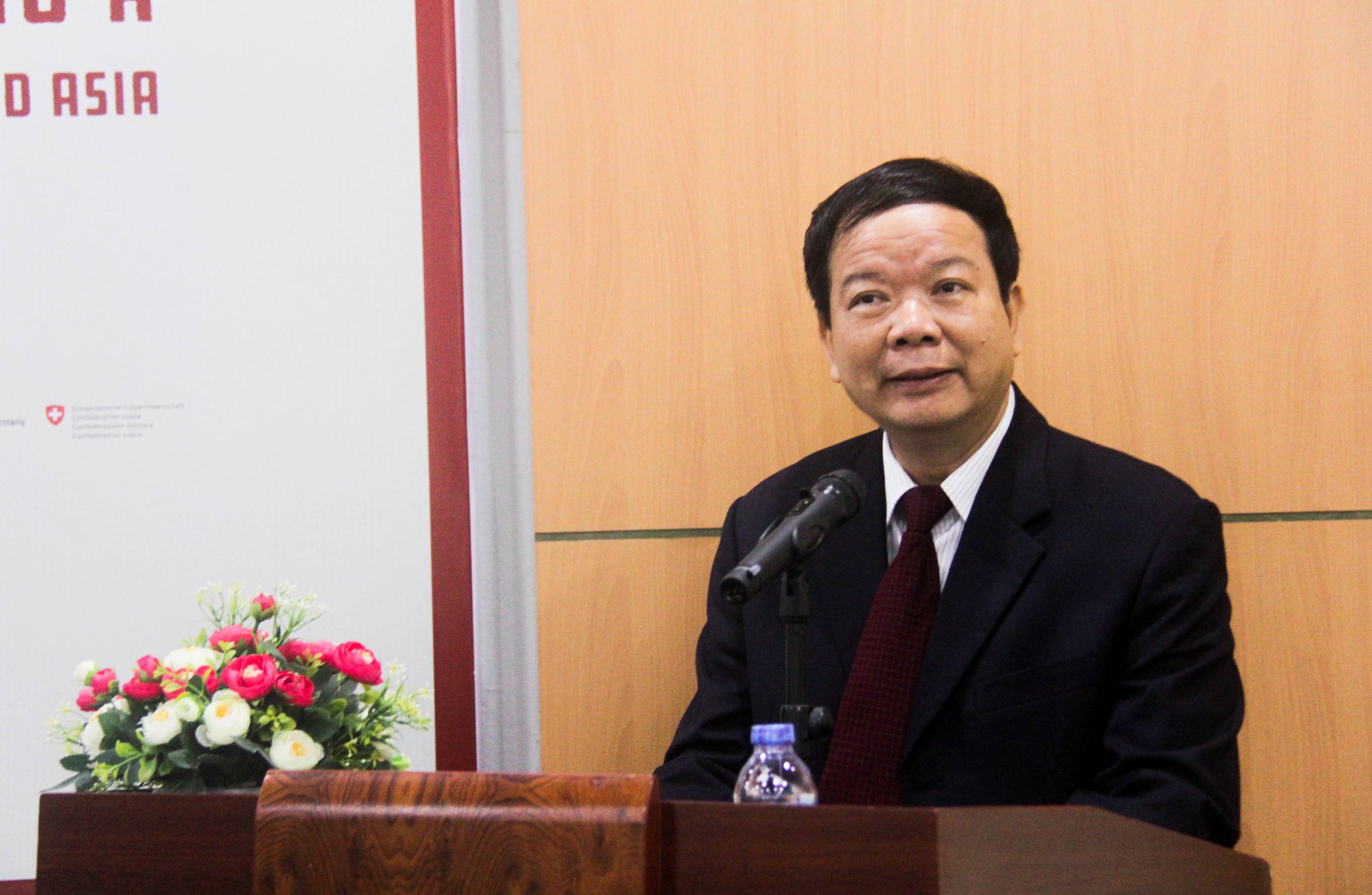
Professor Dr. Nguyen Van Kim (Vice Rector of the University) delivered the opening remarks at the conference.
In his introductory report at the plenary session, Associate Professor Pham Xuan Thach (Head of the Literature Department) outlined the main issues to be discussed at the conference. According to him, since the 1980s, Vietnamese people have been exposed to some short stories by F. Kafka through translations by Doan Tu Hien and Duong Tat Tu from Czech and Russian. Between 1954 and 1975, Kafka was translated in South Vietnam, and through very special channels, these translations continued to circulate unofficially throughout Vietnam after 1975. In Vietnam, Kafka's readership is largely limited to university and literary circles. In the academic community, to serve the university sector, Kafka's reception is carried out in two areas: translation and research. Kafka's unique artistry makes it very difficult to categorize him into any single literary movement. If we call Kafka a realist writer, then, given his life dedicated to understanding absurdities and his "bitter humor," we can call his realism a "harsh realism."
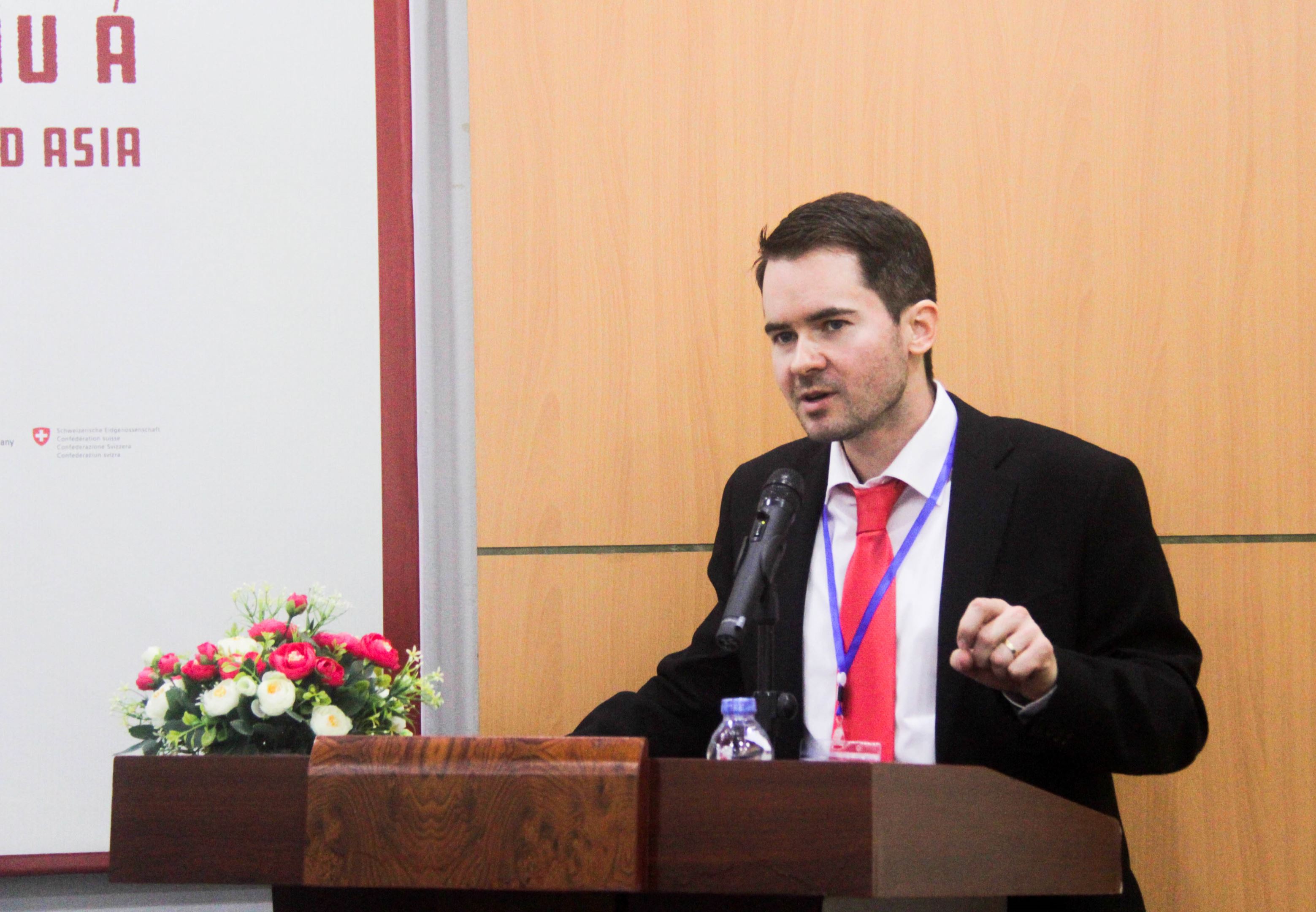
In his speech at the conference, Mr. Lukas Musil (Deputy Ambassador of the Czech Republic) expressed his surprise that as many as 30 of Kafka's works had been translated into Vietnamese: "This shows that Kafka is no longer unfamiliar to the Vietnamese public and that research on the influence of Kafka's literature on Vietnam is becoming increasingly necessary."
“How has Kafka been translated? How have the elite and readers received his novels? What imprint has he left on the works of the most important writers of contemporary Vietnamese literature? We want to tell the story of the adventures in Vietnam of this literary prophet of our time, the pioneer of literature on the absurd, and through that, shed light on the hidden aspects of the literary contact between Vietnamese literature and world literature in the early stages of contemporary Vietnamese literature,” said Associate Professor Pham Xuan Thach.
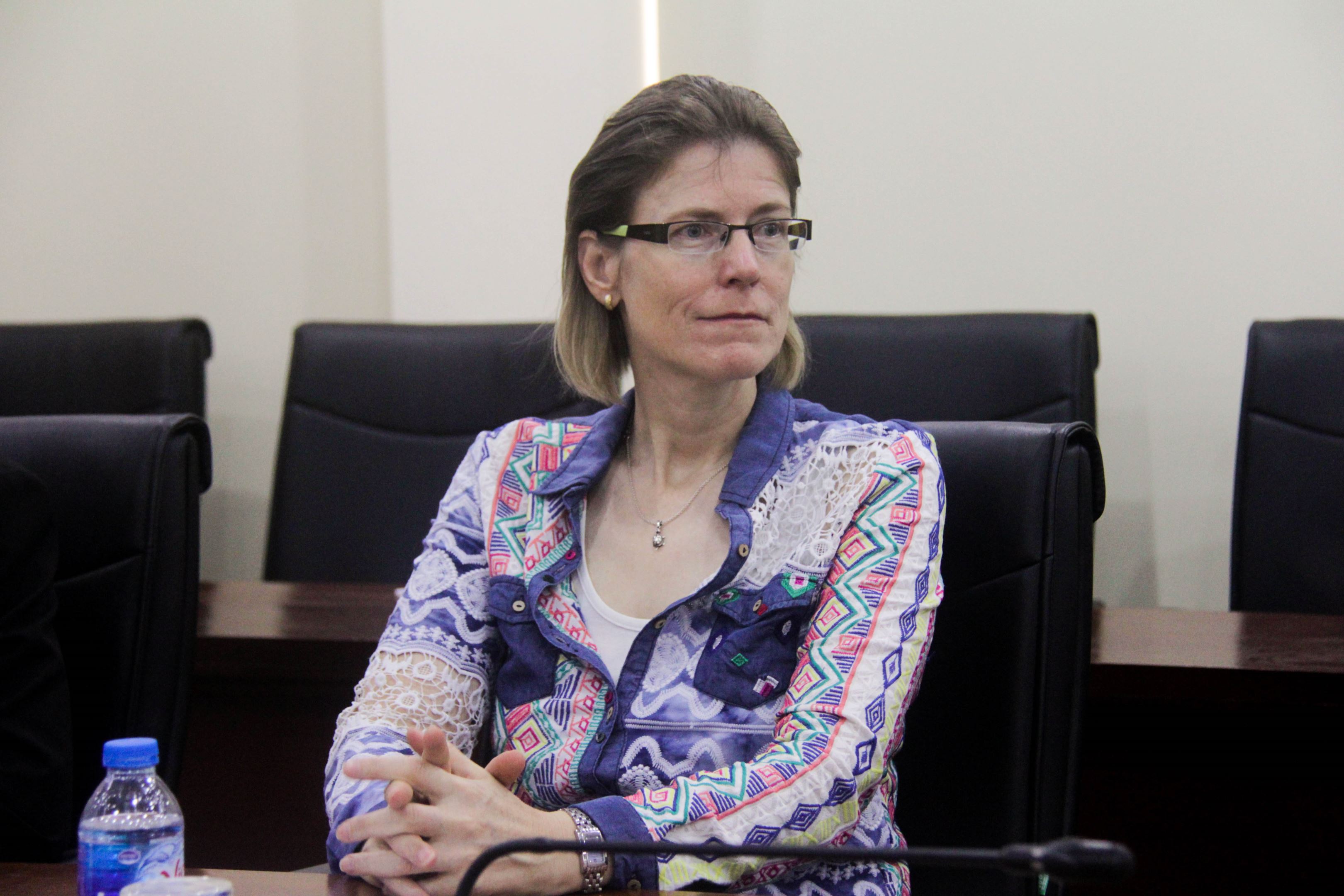
Ms. Yvonne Zaugg (Cultural Attaché of the Swiss Consulate) expressed her pleasure at being present at the conference to discuss with researchers the achievements of Kafka – considered the most influential writer of the 20th century.
Commenting on Kafka's influence on the public in the 20th century, Professor Le Huy Bac (Hanoi Pedagogical University) remarked: “Kafka is present as an essential part of humanity's spiritual life. He appears in the most unexpected places and situations. What he wrote, though not grandiose or full of moralistic themes, still captivates readers in the aspect that constitutes Kafka's identity and genius: a very human, absurd sadness. Therefore, humanity increasingly recognizes the Kafka essence permeating life. People breathe Kafka's atmosphere to the point of seemingly forgetting that it is a product of Kafka. As a genius, Kafka has truly changed the way people read, perceive, and even live.”
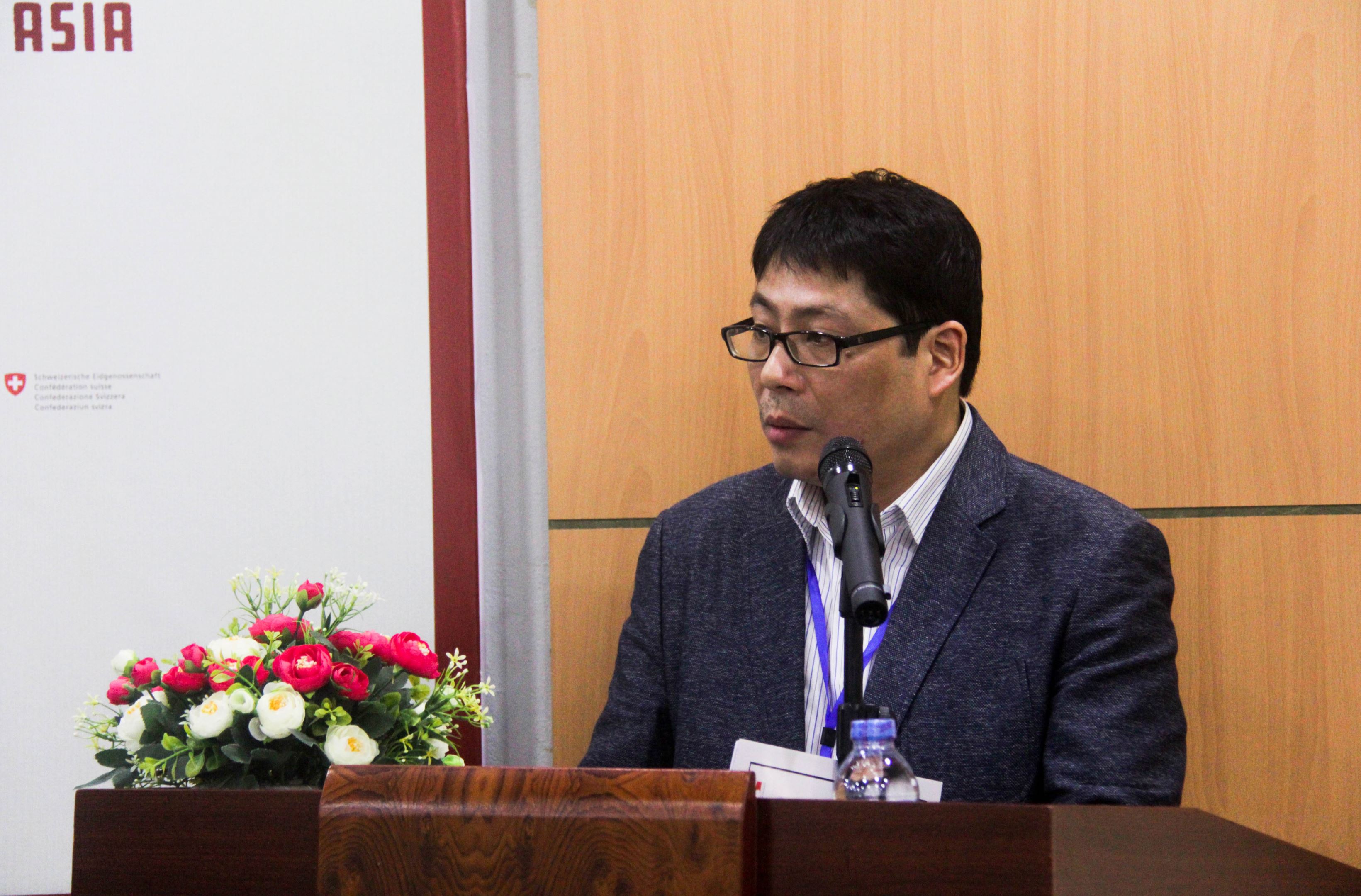
Associate Professor Pham Xuan Thach (Head of the Department of Literature, University of Social Sciences and Humanities) delivered the introductory report for the plenary session.
|
The workshop was divided into four subcommittees:
|
Author:My Ha
Newer news
Older news